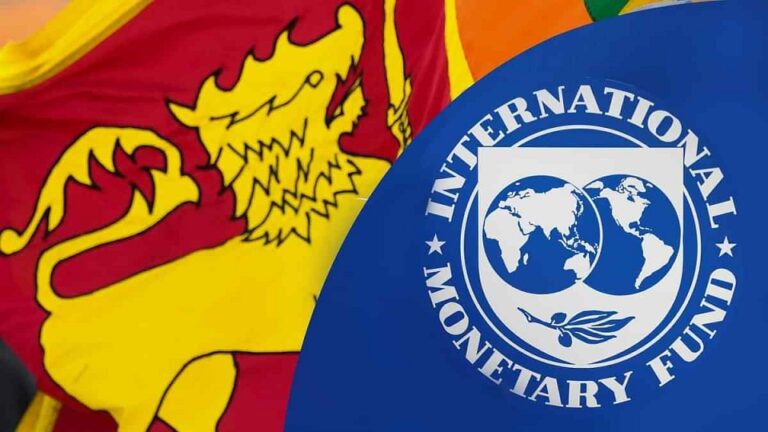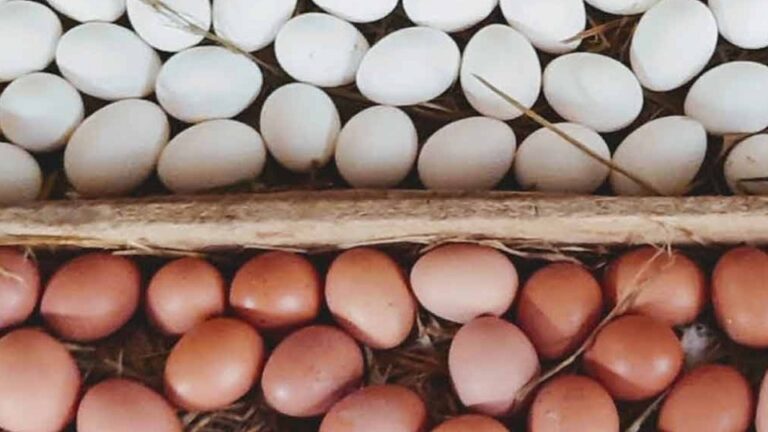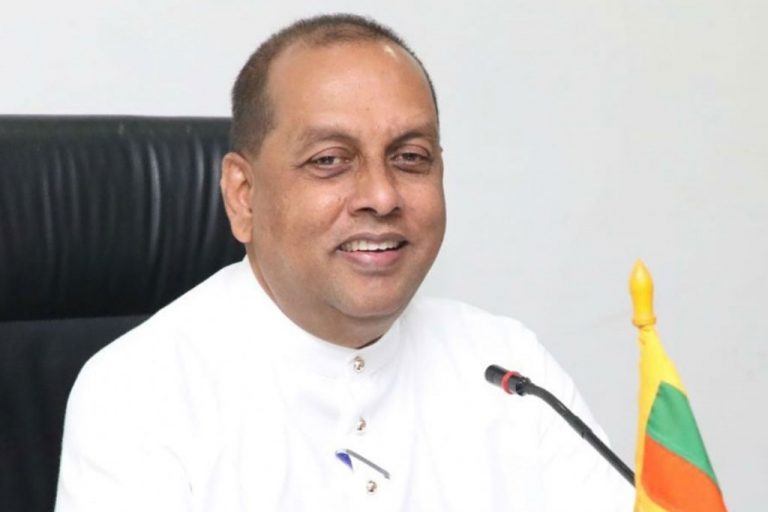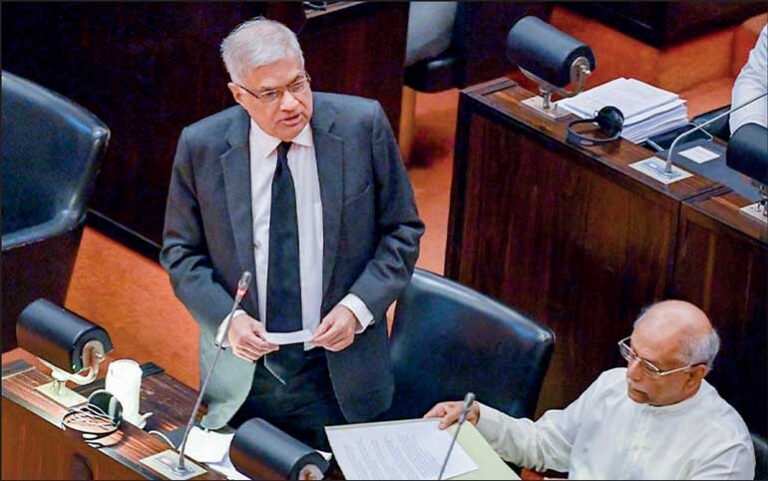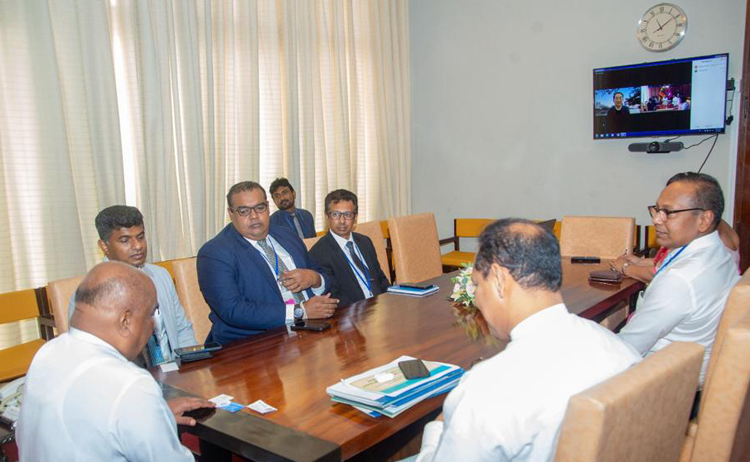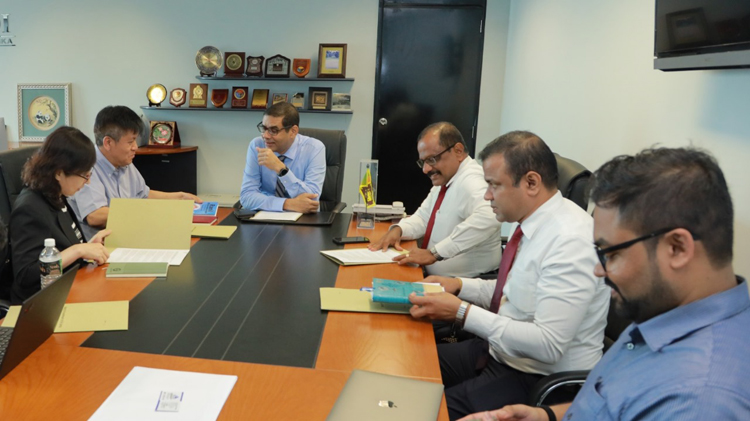By: Staff Writer
Colombo (LNW): The International Monetary Fund is encouraging the authorities to continue to build on hard-won gains in respect of sustaining the reform momentum and further advance revenue mobilization.
The revenue mobilization measures such as energy pricing with costs, strengthen social safety nets, rebuild external buffers, safeguard financial stability, combat corruption and enhance governance are now in progress in the country. Senior IMF Mission Chief for Sri Lanka Peter Breuer disclosed.
Reenforcing the revenue-based fiscal consolidation with revenue administration reforms is critical to recover from program slippages and to fund the provision of essential government services.
The Central Bank of Sri Lanka continues to focus on the multi-pronged disinflation strategy to safeguard the credibility of its inflation targeting regime.
Accumulating reserves, supported by exchange rate flexibility, remains an important priority under the EFF. Implementing the bank recapitalization plan and strengthening the financial supervision and crisis management frameworks are crucial to safeguarding financial sector stability, he emphasised.
He noted that the IMF encourages the government authorities to remain steadfast on their reform commitments.
IMF financing is provided as budget support and it’s up to the government of how they allocate those funds and where they go to.
In principle,it helps the government in terms of bringing in foreign exchange in to Sri Lanka. The IMF has allocated about 6% of GDP in terms of bank recapitalization and the size of the current tranche that’s provided following the board meeting today is about .5% of GDP.
Sri Lanka’s exchange rate appreciated by about 25% from March until end May this year. Since then, it has seen some depreciation of the scale of 10% over the summer
As a counterpart the central bank has built up foreign exchange reserve quite strongly in the first half of the year.
Since then, reserve accumulation slowed over the summer and now it’s picking up again. Going forward, there’s a need to continue to build in reserve. But the central bank and to allow the exchange rate to be fairly slow down, limiting interventions only to disorderly market conditions.
IMF representatives noted that putting public finances on a sustainable footing is a very important part of the IMF program.
And therefore, at the very beginning of the program, we had to look into cost reflective pricing on electricity and fuel. And this continues to be a continuous structural benchmark under the program.
Also, in the spirit of putting a series on a sustainable footing, one of our structural benchmarks was for the authorities to come up with a strategy of the rebalancing of the city’s balance sheet.
Sri Lankan Airlines, Ceylon Petroleum Corporation, Ceylon Electricity Board and the Road Development Authority are now under the process of rebalancing of balance sheets.


